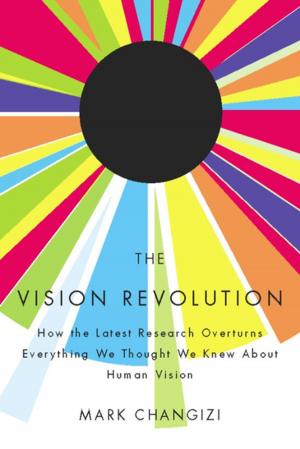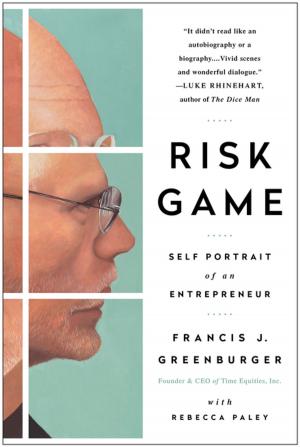Harnessed
How Language and Music Mimicked Nature and Transformed Ape to Man
Nonfiction, Science & Nature, Science, Biological Sciences, Evolution, Reference & Language, Language Arts, Linguistics| Author: | Mark Changizi | ISBN: | 9781935618836 |
| Publisher: | BenBella Books, Inc. | Publication: | August 2, 2011 |
| Imprint: | BenBella Books | Language: | English |
| Author: | Mark Changizi |
| ISBN: | 9781935618836 |
| Publisher: | BenBella Books, Inc. |
| Publication: | August 2, 2011 |
| Imprint: | BenBella Books |
| Language: | English |
The scientific consensus is that our ability to understand human speech has evolved over hundreds of thousands of years. After all, there are whole portions of the brain devoted to human speech. We learn to understand speech too quickly and with almost no training and can seamlessly absorb enormous amounts of information simply by hearing it. Surely we evolved this capability over thousands of generations.
Or did we? Portions of the human brain are also devoted to reading. Children learn to read at a very young age and can seamlessly absorb information even more quickly through reading than through hearing. We know that we didn’t evolve to read because reading is only a few thousand years old.
In "Harnessed," cognitive scientist Mark Changizi demonstrates that human speech has been very specifically designed” to harness the sounds of nature, sounds we’ve evolved over millions of years to readily understand. Long before humans evolved, mammals have learned to interpret the sounds of nature to understand both threats and opportunities. Our speech-regardless of language-is very clearly based on the sounds of nature.
Even more fascinating, Changizi shows that music itself is based on natural sounds. Music-seemingly one of the most human of inventions-is literally built on sounds and patterns of sound that have existed since the beginning of time.
The scientific consensus is that our ability to understand human speech has evolved over hundreds of thousands of years. After all, there are whole portions of the brain devoted to human speech. We learn to understand speech too quickly and with almost no training and can seamlessly absorb enormous amounts of information simply by hearing it. Surely we evolved this capability over thousands of generations.
Or did we? Portions of the human brain are also devoted to reading. Children learn to read at a very young age and can seamlessly absorb information even more quickly through reading than through hearing. We know that we didn’t evolve to read because reading is only a few thousand years old.
In "Harnessed," cognitive scientist Mark Changizi demonstrates that human speech has been very specifically designed” to harness the sounds of nature, sounds we’ve evolved over millions of years to readily understand. Long before humans evolved, mammals have learned to interpret the sounds of nature to understand both threats and opportunities. Our speech-regardless of language-is very clearly based on the sounds of nature.
Even more fascinating, Changizi shows that music itself is based on natural sounds. Music-seemingly one of the most human of inventions-is literally built on sounds and patterns of sound that have existed since the beginning of time.















